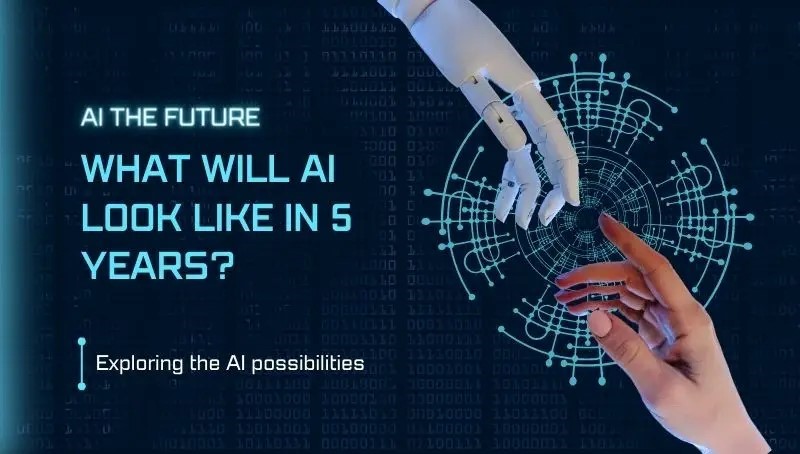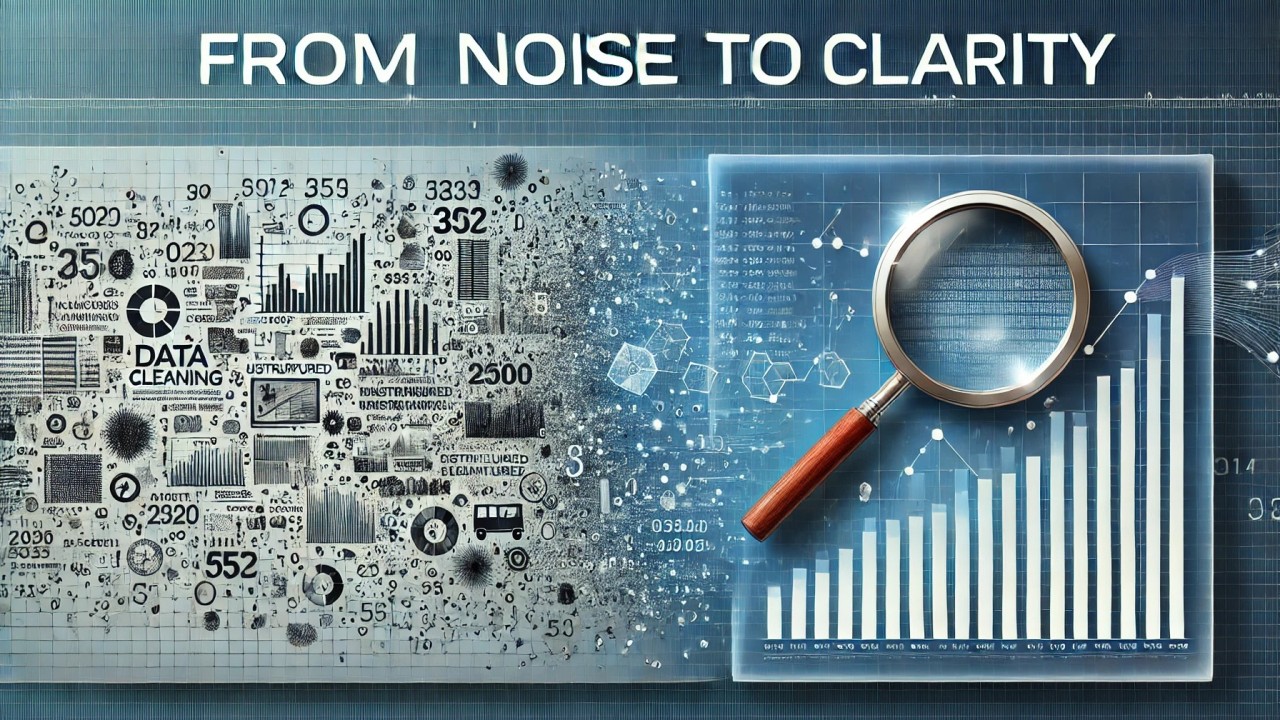
“One Year Later: AI Promises and the Path to Progress”
Blog By
Angela Violet,
Cybersecurity & IT Risks Associate (CITRA)South-End Tech Limited
A year ago, it seemed like winds of change were blowing in the AI world. In a historic meeting with the White House, seven leading AI companies – Amazon, Anthropic, Google, Inflection, Meta, Microsoft, and OpenAI – committed to self-regulating their development practices.
The goal?
- To achieve safe, secure, and trustworthy AI that benefits society and does no harm. But a year later, the situation is darker than the original headlines suggested.
It’s time to evaluate: What progress has been made and what challenges remain on the road to responsible AI?
Summary of the eight pledges: A glimmer of hope
The eight pledges to the White House covered key areas such as testing, transparency and accountability.
- Rigorized testing: – The companies agreed to have independent experts conduct rigorous internal and external security testing of AI systems before deploying them. This was a welcome step, as thorough testing can identify vulnerabilities and minimize potential risks.
- Transparency of development: – The goal was to better communicate how AI systems work, including the data they use and any biases they may carry. While some companies have published detailed information about their AI models, many aspects of their development remain shrouded in mystery.
- Public reporting: -Companies are working to share information about the potential harms and societal impacts of their AI technologies. However, the scope and details of this reporting remain unclear. Critics argue that this is more a matter of public perception than true accountability.
- Vulnerability detection: -This includes facilitating opportunities for third parties to identify and report vulnerabilities in AI systems. Many companies have introduced bug bounty programs that offer rewards to those who find security vulnerabilities. This is a positive step toward identifying and resolving potential security vulnerabilities.
Behind the headlines: The reality of self-regulation
Despite these first steps, concerns remain:- Critics argue that the self-regulation model itself may be flawed. Current efforts lack concrete benchmarks to measure progress, making it difficult to assess their real impact.
Furthermore, there appears to be a focus on technical vulnerabilities rather than broader societal risks:
- Bias and discrimination: – AI algorithms can perpetuate existing social biases and lead to discriminatory outcomes. There has been little progress in addressing this issue through self-regulation.
- Job loss: – The rise of AI has raised concerns about job loss across sectors. Any discussion of responsible AI development must address the human cost of automation.
- Lack of independent oversight: – Companies are essentially policing themselves. An independent, nonpartisan body should be involved in evaluating and monitoring AI development practices.
Building a trustworthy AI future
The past year has shown that AI companies are ready to engage in discussions about responsible development.
But self-regulation alone is not enough.
Here’s how we move forward:
- Strengthening commitments: – We need more specific, measurable goals in existing commitments. Setting clear standards for responsible AI development would give companies a roadmap and benchmarks for progress.
- Independent oversight: – A third-party committee made up of diverse experts can provide an unbiased assessment of AI development practices. This will increase public trust and ensure companies are held accountable.
- Focus on broader risks: – Companies need to go beyond technical issues and address societal concerns like fairness, data protection and job losses. An open dialogue with stakeholders like ethicists, policymakers and the public are crucial.
The potential for AI to bring about positive change is undeniable. But the potential for harm is just as real. Continued dialogue and collaboration between governments, industry, and the public is essential. This anniversary is a reminder that responsible AI development is a marathon, not a sprint. Only through continued progress, strong guardrails, and a commitment to transparency can we ensure that AI better serves humanity and create a future where trust and innovation go hand in hand.
Please do not hesitate to contact us for your Cybersecurity and Data Protection Solutions and Service needs on the telephone at +254115867309 +254721864169; +254740196519; +254115867309 or email.


